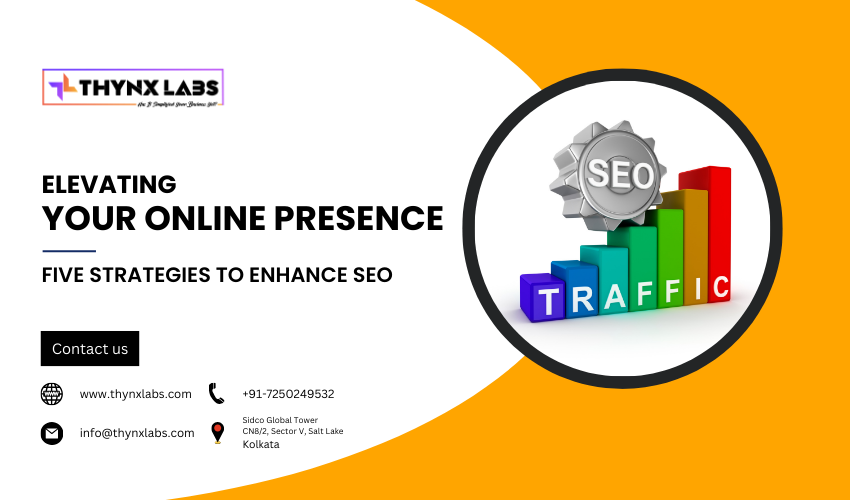SEO Strategy for New Websites
SEO Strategy for New Websites: A Comprehensive Guide
Launching a new website and getting it to rank on search engines can seem daunting, but with the right SEO strategy, you can set your site up for long-term success. Here's a step-by-step guide to optimizing your new website for search engines.
Understanding the Importance of SEO for New Websites
SEO, or Search Engine Optimization, is crucial for any new website. It helps increase visibility on search engines like Google, ensuring your target audience can find you easily. Unlike paid advertising, SEO focuses on organic search results, which means long-term traffic without ongoing costs.
Initial Steps in SEO for a New Website
- Keyword Research
Begin with thorough keyword research to identify the terms your target audience is searching for. Tools like Google Keyword Planner, SEMrush, and Ahrefs can help you find relevant keywords with high search volume and low competition.
- Competitor Analysis
Analyze your competitors to understand what keywords they are targeting and how they structure their content. This insight can help you identify gaps and opportunities in your own SEO strategy.
- Website Structure and URL Optimization
Ensure your website has a clear and logical structure. Use SEO-friendly URLs that include your primary keywords. A well-organized site helps search engines crawl and index your pages effectively.
On-Page SEO Optimization
- Title Tags and Meta Descriptions
Optimize your title tags and meta descriptions with relevant keywords. These elements are crucial as they appear in search engine results and influence click-through rates.
- Header Tags
Use header tags (H1, H2, H3) to structure your content. The H1 tag should include your primary keyword, while H2 and H3 tags can be used for subheadings.
- Content Quality
High-quality, informative, and engaging content is king in SEO. Ensure your content is original and provides value to your audience. Incorporate your keywords naturally and avoid keyword stuffing.
- Image Optimization
Optimize your images by using descriptive file names and alt text that includes relevant keywords. This not only improves accessibility but also helps search engines understand your content.
Technical SEO
- Mobile-Friendliness
Ensure your website is mobile-friendly. Google uses mobile-first indexing, which means it primarily uses the mobile version of your site for ranking purposes.
- Page Speed
Optimize your site’s loading speed. A slow website can negatively impact user experience and search rankings. Use tools like Google PageSpeed Insights to identify and fix speed issues.
- Sitemap and Robots.txt
Create and submit a sitemap to search engines to help them understand your site structure. Use a robots.txt file to control which pages you want search engines to crawl and index.
Off-Page SEO
- Backlink Building
Earn high-quality backlinks from reputable websites in your niche. Backlinks act as votes of confidence and can significantly boost your search engine rankings.
- Social Media Integration
Promote your content on social media platforms to increase visibility and attract more visitors to your website. Social signals can indirectly impact your SEO by driving traffic and engagement.
- Local SEO
If you have a local business, optimize for local search by creating a Google My Business profile and earning positive reviews. Ensure your name, address, and phone number (NAP) are consistent across all online listings.
Monitoring and Adjusting Your SEO Strategy
- Analytics and Reporting
Use tools like Google Analytics and Google Search Console to monitor your website’s performance. Track key metrics such as organic traffic, bounce rate, and conversion rates to understand the effectiveness of your SEO efforts.
- Regular Updates
SEO is not a one-time effort. Regularly update your content to keep it fresh and relevant. Stay informed about the latest SEO trends and algorithm updates to adjust your strategy accordingly.
Conclusion
Effective SEO requires a combination of on-page, off-page, and technical strategies. By following these steps, you can improve your new website's visibility on search engines and attract your target audience organically. Remember, SEO is a long-term investment, but with consistent effort, the results will be rewarding.


